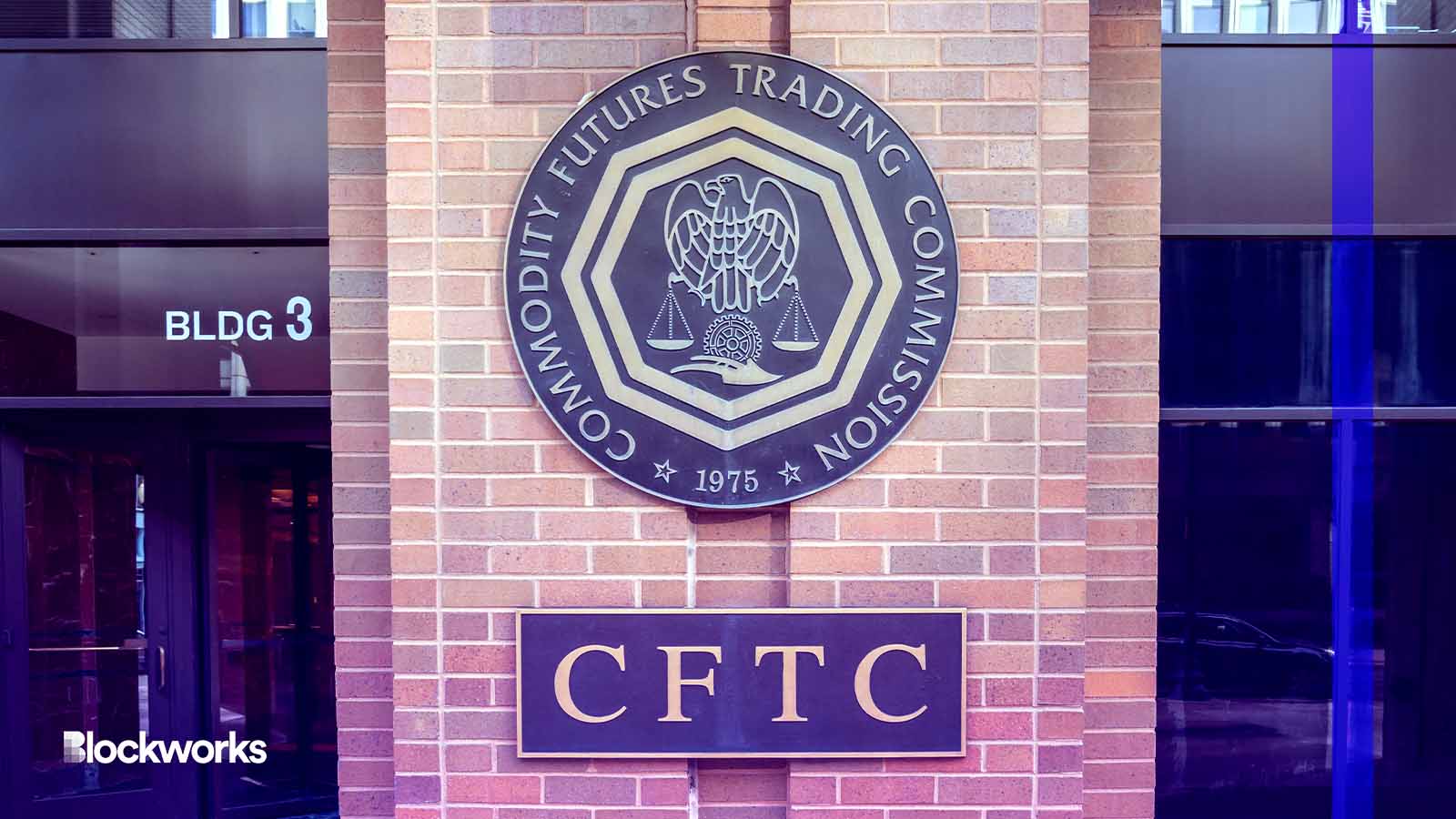CFTC’s Pham says US needs to speed up crypto regulation
The program should be time-limited and designed from a series of roundtable discussions between regulators and stakeholders, Caroline Pham suggested

JHVEPhoto/Shutterstock modified by Blockworks
Commodities Futures Trading Commission Commissioner Caroline Pham thinks a government-run timed pilot program could be the answer for crypto regulation.
The CFTC can sponsor a program to “support the development of compliant digital asset markets and tokenization,” Pham said during recorded remarks presented at a Cato Institute event Thursday.
Pham proposed that the program should be time-limited and designed from a series of roundtable discussions between regulators and stakeholders. Interested parties and the CFTC can establish guidelines for companies to qualify, register and appropriately manage risks, she added.
“I am optimistic that this approach will ensure the integrity of our markets…foster liquidity and competition, address potential conflicts and risks and prevent fraud, abusive practices and manipulation,” Pham said.
Crypto innovation and international regulations are happening quickly, Pham said, so it is imperative that US agencies get the ball rolling on policies that work well for everyone.
“We’re missing opportunities to capitalize on all the benefits of the technology before us, while others take a more strategic and long term view,” Pham said. “The US may soon find ourselves constantly playing catch up, unable to effectively leverage this technology for economic growth.”
Pham’s Thursday comments are not the first time the Commissioner has praised crypto for its disruptive potential.
“If you cut away from all the froth and the ‘get rich quick’ schemes, what institutions, central banks and asset managers have known since at least 2016 and 2017 is that there is a real opportunity to modernize financial asset infrastructure through tokenization of real assets,”
Pham said in July during a Bloomberg News interview.
Also on a federal level, House Republicans have advocated for an increased role for the CFTC in crypto market oversight.
The Financial Innovation and Technology for the 21st Century Act — scheduled for a floor vote this session – establishes joint rulemaking powers between the US Security and Exchange Commission and CFTC. Notably, the bill grants the latter control over digital commodities markets, including exchanges and broker-dealers.
Get the news in your inbox. Explore Blockworks newsletters:
- The Breakdown: Decoding crypto and the markets. Daily.
- 0xResearch: Alpha in your inbox. Think like an analyst.






